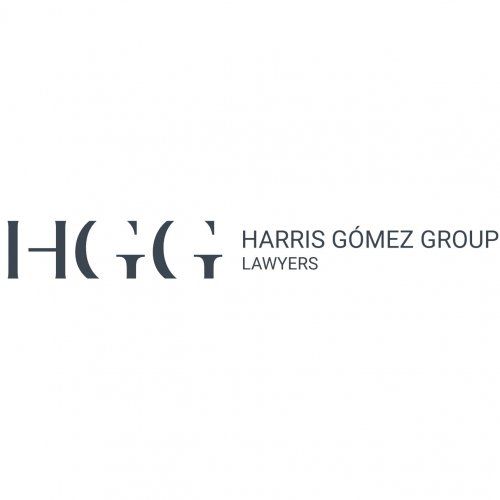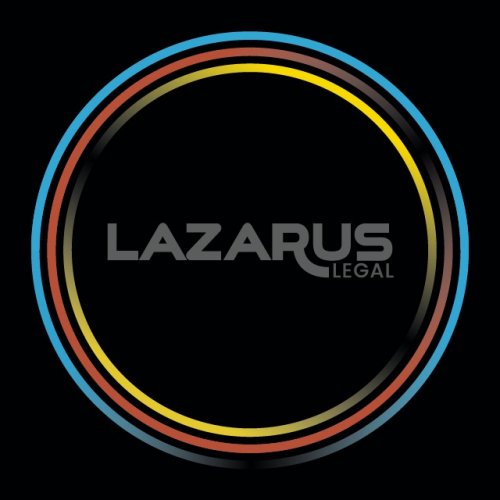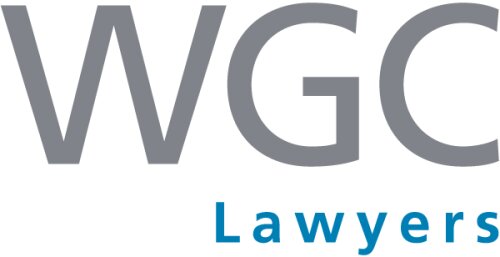Best Sanctions & Export Controls Lawyers in Sydney
Share your needs with us, get contacted by law firms.
Free. Takes 2 min.
List of the best lawyers in Sydney, Australia
About Sanctions & Export Controls Law in Sydney, Australia
Sanctions and export controls law in Sydney, Australia, refers to the legal framework regulating the transfer, supply, or export of goods, technology, and services outside Australia, as well as specific prohibitions or restrictions on transactions with certain countries, individuals, or entities. The purpose of these laws is to support international security, prevent terrorism, protect human rights, and uphold Australia’s foreign policy and economic interests. Australia implements sanctions that may be autonomous or mandated by the United Nations Security Council, and export controls ensure that sensitive items are not transferred to unintended recipients. These laws apply not only to businesses engaged in international trade but also to individuals and organizations that provide services or information abroad.
Why You May Need a Lawyer
You may need a lawyer experienced in sanctions and export controls for several reasons. Complying with sanctions and export controls can be complicated, particularly for companies engaged in global trade or transactions involving sensitive goods or technology. Legal advice is crucial if you are:
- Unsure whether your business transactions or exports are permitted under current regulations
- Facing investigations or enforcement action for alleged breaches of sanctions or export controls
- Seeking to implement compliance programs to reduce risk for your company
- Negotiating contracts that may involve sanctioned countries, entities, or goods
- Challenged by rapidly changing global political situations affecting sanctions lists
- In possession of confidential or dual-use technologies with overseas partners
- Need clarification regarding international business expansions
Because violations can result in significant criminal and civil penalties, as well as reputational harm, legal advice helps to protect your interests and ensure full compliance with laws and regulations.
Local Laws Overview
Sanctions and export controls in Sydney operate under federal law, but are enforced locally through agencies such as the Australian Border Force and the Australian Federal Police. The main laws and regulations include:
- Charter of the United Nations Act 1945: Implements United Nations Security Council sanctions in Australia.
- Autonomous Sanctions Act 2011: Provides Australia’s own sanctions regime, independent of the UN.
- Customs Act 1901: Governs the export of goods from Australia, including restricted and prohibited exports.
- Defence Trade Controls Act 2012: Regulates the export of certain military and dual-use goods, services, and technologies.
- Export Control Act 2020: Covers the regulation of specific controlled goods, such as agricultural products.
Businesses based in Sydney must comply with these federal obligations, regardless of whether their exports originate from New South Wales or elsewhere in the country. This includes performing due diligence on clients and end-users, screening against current government sanctions lists, and obtaining any necessary permits or exemptions.
Frequently Asked Questions
What are sanctions and export controls?
Sanctions are legal measures that restrict trade, financial transactions, or other relationships with specific countries, organizations, or individuals. Export controls regulate the movement of goods, technology, or services out of Australia, particularly where those items have potential military or dual-use applications.
Who administers sanctions and export controls in Australia?
The Department of Foreign Affairs and Trade (DFAT) administers sanctions regimes. The Department of Defence and the Australian Border Force play key roles in regulating and enforcing export controls.
What kinds of goods are covered by export controls?
Items subject to export controls include military equipment, dual-use goods (items with both civilian and military uses), certain technologies, and sensitive information. Even intangible exports, such as sharing controlled technology via email or cloud, can be regulated.
What are the penalties for violating sanctions or export controls?
Penalties can include high fines, imprisonment, loss of export privileges, and significant reputational damage for individuals and businesses found guilty of breach.
How do I know if my customer or partner is a sanctioned person or entity?
You can check the latest sanctions lists published by DFAT. Due diligence and regular screening of customers, partners, and transactions are essential to ensure compliance.
Do sanctions apply to services as well as goods?
Yes, sanctions can apply to the provision of services, financial transactions, technical assistance, and even travel, not just the export of physical goods.
Is my Sydney-based company responsible if a supplier or subsidiary abroad breaks the rules?
Australian companies may be liable for the actions of their foreign subsidiaries or affiliates, particularly when operating under Australian direction or control.
Can I get a permit or exemption to export controlled goods?
Yes, permits or licenses may be available depending on the type of item, destination country, end-use, and end-user. Applications are assessed on a case-by-case basis.
How often do sanctions and controls change?
Sanctions and export control lists are frequently updated, often in response to international developments. Businesses should monitor changes regularly to remain compliant.
What should I do if I think I have breached sanctions or export control laws?
It is important to seek legal advice immediately. Self-reporting may be a legal obligation and could also reduce potential penalties.
Additional Resources
If you need more information or support regarding sanctions and export controls in Sydney, the following resources can assist:
- Australian Sanctions Office (ASO) - Information on UN and Australian autonomous sanctions regimes
- Department of Foreign Affairs and Trade (DFAT) - Sanctions information and guidance
- Australian Border Force - Export controls and customs requirements
- Department of Defence - Guidance on defence and dual-use export controls
- Australian Export Council and industry associations - Updates and training resources
- Legal Aid NSW - General legal information and support
Next Steps
If you believe you require legal assistance for matters relating to sanctions and export controls in Sydney, consider the following actions:
- Identify and document your particular issue, including the goods, services, or transactions involved
- Gather all relevant documents such as contracts, correspondence, and past licenses or permits
- Seek out a lawyer who specializes in sanctions and export controls or international trade law
- Arrange a consultation to discuss your situation, risks, and next actions
- Establish internal compliance processes to manage and monitor sanctions and export controls within your business
Taking prompt and informed steps will help you minimize risks and ensure full compliance with complex local and international regulations.
Lawzana helps you find the best lawyers and law firms in Sydney through a curated and pre-screened list of qualified legal professionals. Our platform offers rankings and detailed profiles of attorneys and law firms, allowing you to compare based on practice areas, including Sanctions & Export Controls, experience, and client feedback.
Each profile includes a description of the firm's areas of practice, client reviews, team members and partners, year of establishment, spoken languages, office locations, contact information, social media presence, and any published articles or resources. Most firms on our platform speak English and are experienced in both local and international legal matters.
Get a quote from top-rated law firms in Sydney, Australia — quickly, securely, and without unnecessary hassle.
Disclaimer:
The information provided on this page is for general informational purposes only and does not constitute legal advice. While we strive to ensure the accuracy and relevance of the content, legal information may change over time, and interpretations of the law can vary. You should always consult with a qualified legal professional for advice specific to your situation.
We disclaim all liability for actions taken or not taken based on the content of this page. If you believe any information is incorrect or outdated, please contact us, and we will review and update it where appropriate.
















